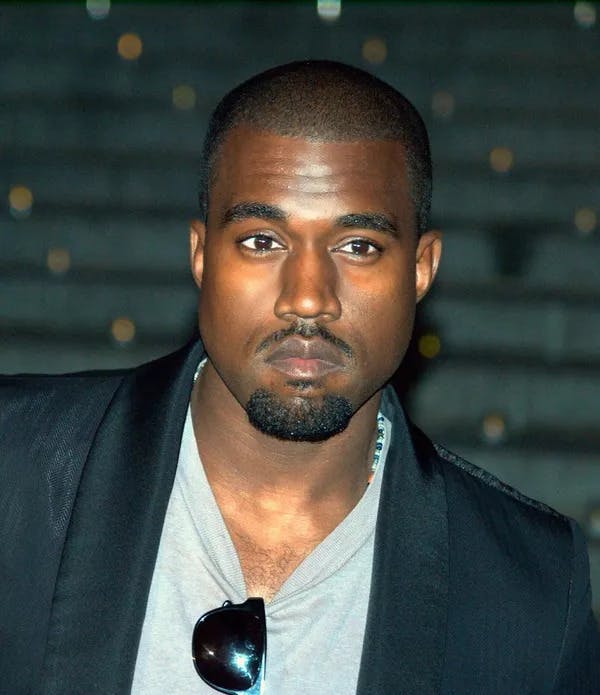
Ye, formerly known as Kanye West, has recently come under fire yet again after posting an anti-Semitic tweet in which he wrote that he is “going death con 3 On JEWISH PEOPLE ''. This follows another post on Instagram of a screenshot of a text message conversation with Diddy, in which Ye perpetuates a damaging stereotype of Jewish people that paints them as a controlling global cabal, “Ima use you as an example to show the Jewish people that told you to call me that no one can threaten or influence me. I told you this was war."
Ye’s statements are not an isolated case. Over the past year, the Anti Defamation League has recorded an appalling 34 percent increase in antisemetic incidents across the U.S. During Paris Fashion Week, Ye also wore a shirt that said “White Lives Matter”, “a white supremacist phrase that originated in early 2015 as a racist response to the Black Lives Matter movement”, according to the ADL. The mercurial rapper/designer’s latest controversies are merely the newest scribbles on a laundry list of moral improprieties.
Nonetheless, Ye is simultaneously widely recognized as possessing a unique, irreplicable artistic genius.
This situation presents us with a long contested ethical dilemma: Should we separate the art from the artist? Some argue that the work is important enough to ignore the artist’s wrongdoings. Others argue that that art is an extension of the artist themself.
“Why should we turn the podium over to this author among so many others, to invite him to stand at the microphone of literary culture for a thousand pages and more if it’s not pretty clear to a moderately well-informed person that his work is worth our attention?” Amy Hungerford wrote on why she chooses not to read or assign David Foster Wallace in an article in the Chronicle of Higher Education. To consume an artist’s creations is to consciously give said artist a voice. The artist cannot be divorced from the art because the art is a reflection of the artist and therefore inherently antonymous to objectivity.
“We’re manipulated by the text at every moment in ways that are structurally similar to the way he manipulated the women in his life,” Hungerford continued to Vox, “In that case, the structure of the artwork bears the marks of the misogyny.”
But what if the art does not reflect the artist’s deplorable conduct? 10th grader and visual artist Maya Jess thinks that, depending on the severity of their actions, “you can still enjoy the music, and you don’t have to support the person”. She continues, “I just listen to the songs, however it does kind of hinder my feelings toward the songs because I still know that I’m supporting that person.”
A substantial amount of the backlash Ye’s actions have incited have come from brands, from Adidas and Gap, both of which have collaborated with him, to Goodwill and Peloton. Hopefully this is indicative of the real consequences of spewing racial and religious prejudice that will continue to be enforced on celebrities and others.
You don't have control over an artist’s actions, however, you do have control over whether you financially support or platform the artist, by, for example, streaming their music. This is how you can use your voice to either endorse or oppose an artist’s behavior. Ultimately, Ye has perpetuated harmful and bigoted sentiments, and to continue to provide him with platform is to continue to provide his beliefs with audience.